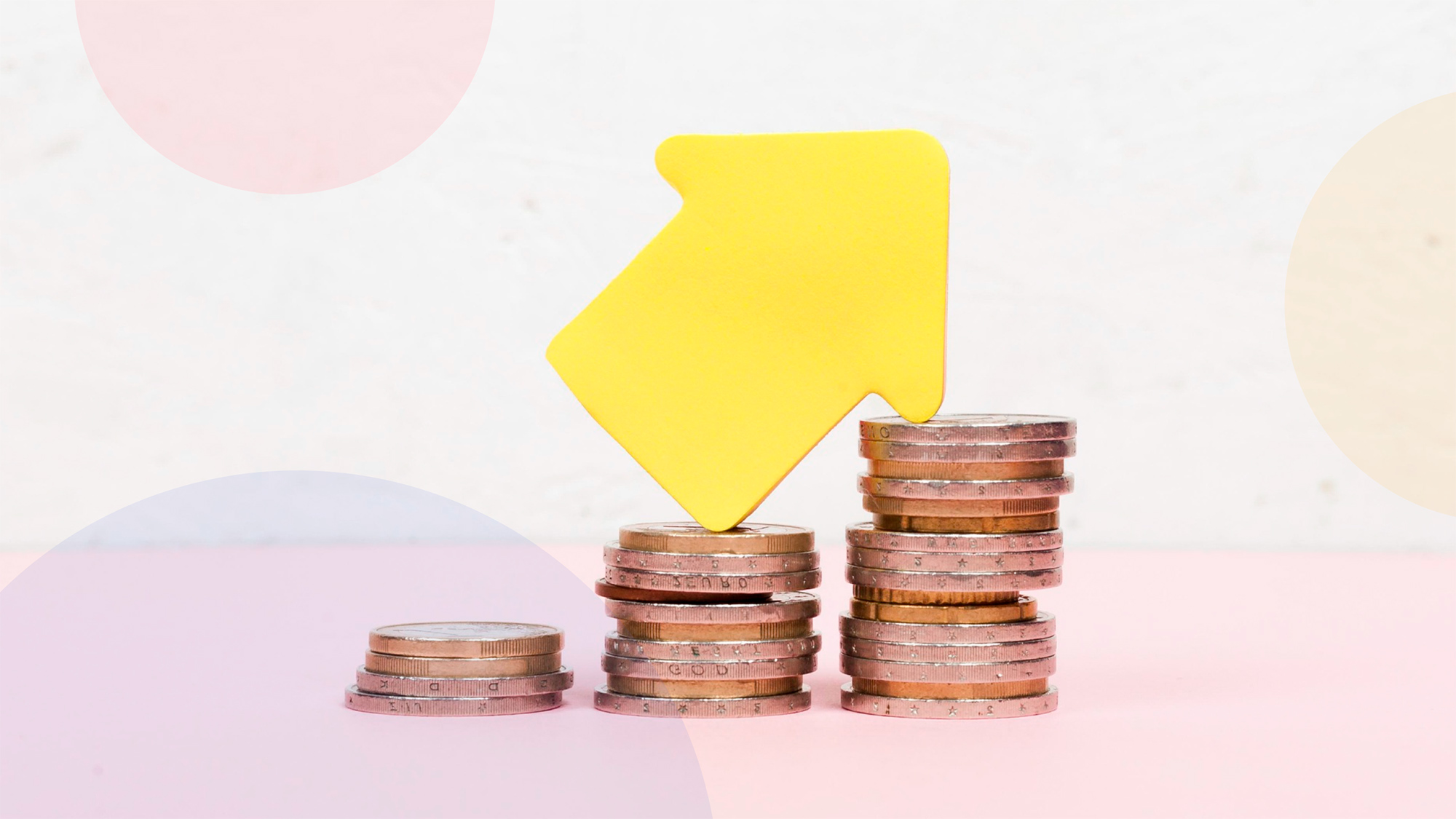Sometimes, I don’t rely on my own creativity for my articles and letters. My experience is limited, so, yeah, it is ok to look around and see what other people are doing. More often than not, I find motivation when I reflect on other people’s insights. Every investing guru likes the listicles, why not give it a try? Today, I’d like to ride my little subversive Lamborghini and share with you a top 10 list of doing NOTHING 😊
Table of Contents
Each of these rules has a point, and I’ll highlight the ones I agree with at the end of the email. Here we go:
10. If you can’t get clear answers to your questions about some asset type or investment vehicle, don’t buy that particular asset or investment vehicle.
9. If the risks of an investment aren’t completely clear to you, don’t buy it.
8. If the costs of an investment aren’t completely clear to you, don’t buy it.
7. Avoid investments offered as “free” because you will still pay for them; you just won’t know when or how much.
6. Be careful when buying investments that you can’t get out of within weeks, months, or years.
5. When you see words like “proprietary,” “private,” or “non-traded,” they usually mean “too expensive” and “illiquid.”
4. Avoid products that are marketed as “smart,” as this is just clever marketing.
3. Don’t assume that a complex strategy is better than a simple strategy. More often than not, additional complexity just means additional fees & costs.
2. Don’t buy investments from someone who earns commissions without getting an objective, independent second opinion.
1. Don’t listen to anyone who says that low-cost index funds are dangerous. This probably means that index funds are dangerous to their wealth.
There has been a lot of research on this topic, and the findings suggest that successful investors differ from less successful or unsuccessful investors in one significant way: they do less. Yes, you read that right. They don’t make unnecessary moves, they choose to stay away from what is unclear, and they stick to what they grasp and understand immediately.
And now, my top two picks from the list:
- Don’t listen to anyone who says that low-cost index funds are dangerous. This probably means that index funds are dangerous to their wealth.
3. Don’t assume that a complex strategy is better than a simple strategy. More often than not, additional complexity just means additional costs.
I cannot agree enough with these two last points. Don’t complicate your life by trying to find a magic bullet. Instead, start with the simple and straightforward rules if you haven’t already. And remember, common sense and logic never go out of style.







